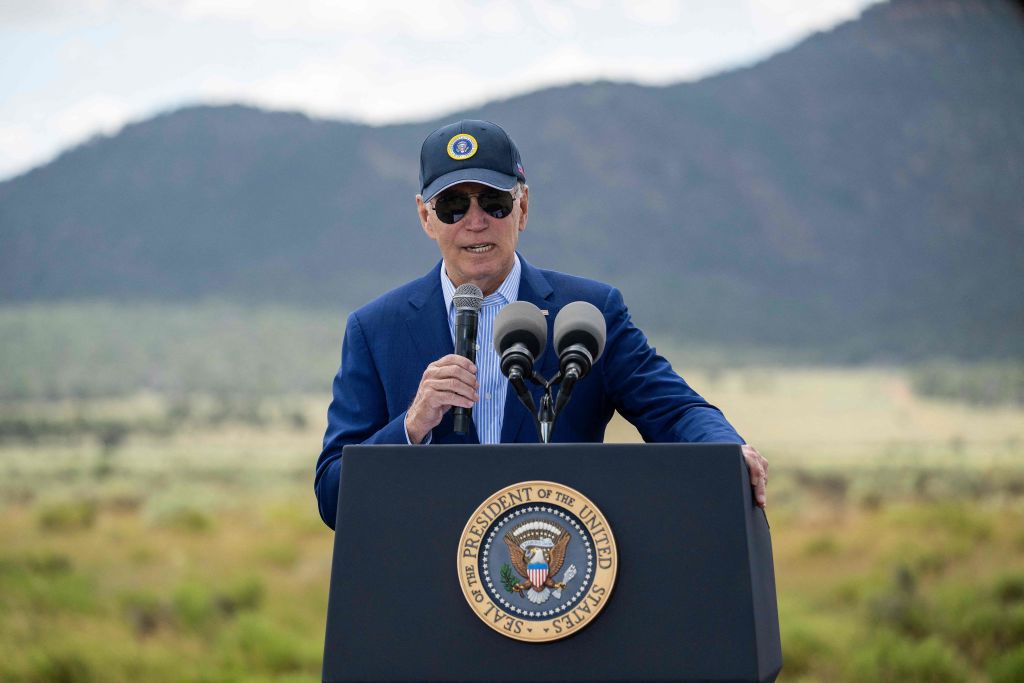
President Joe Biden has designated nearly one million acres of U.S. land around the Grand Canyon as a new national monument. The move will protect the region, which bears ties to Tribal Nations, from mining.
“Preserving these lands is good not only for Arizona but for the planet. It’s good for the economy. It’s good for the soul of the nation,” Biden said today before signing a proclamation establishing what will henceforth be called the Baaj Nwaavjo I’tah Kukveni – Ancestral Footprints of the Grand Canyon National Monument.
The name might be a mouthful, but it represents the varied cultural significances of the land. In the Havasupai language, Baaj nwaavjo means “where Indigenous peoples roam,” while in the Hopi language, i’tah kukveni translates to “our ancestral footprints,” according to a White House announcement.
The region also comprises sacred sites for the Hualapai Tribe, the Kaibab Band of Paiute Indians, the Las Vegas Paiute Tribe, the Moapa Band of Paiutes, the Paiute Indian Tribe of Utah, the Navajo Nation, the San Juan Southern Paiute Tribe, the Yavapai-Apache Nation, the Pueblo of Zuni, and the Colorado River Indian Tribes.
But for opponents of today’s move, the region represents something else: untapped uranium deposits.
“This administration’s lack of reason knows no bounds, and their actions suggest that President Biden and his radical advisors won’t be satisfied until the entire federal estate is off limits and America is mired in dependency on our adversaries for our natural resources,” said Republican representative Bruce Westerman, who heads the U.S. House Committee on Natural Resources, in a statement.
“This land belongs to the American people, not any administration or bureaucrats who think they make the laws,” the congressman added.
For years, miners have eyed the area around the Grand Canyon while tribal leaders and environmental groups have lobbied for government protection. In 2012, former President Barack Obama instated a 20-year moratorium on new claims at the site. Now, Biden’s declaration bars all future mining efforts in the area.
“Today’s action by President Biden makes clear that Native American history is American history,” said Secretary of the Interior Deb Haaland, a member of the Pueblo of Laguna. “This land is sacred to the many Tribal Nations who have long advocated for its protection, and establishing a national monument demonstrates the importance of recognizing the original stewards of our public lands.”
“Today,” Haaland continued, “I am honored to stand with the President, Tribal leaders, and local communities and coalitions that made it possible.”
Baaj Nwaavjo I’tah Kukveni marks the fifth monument the Biden administration has established since 2021. It follows the creation of the Emmett Till and Mamie Till-Mobley National Monument in Illinois and Mississippi last month; the Castner Range National Monument in Texas and the Avi Kwa Ame National Monument in Nevada in March; and the Camp Hale-Continental Divide National Monument in Colorado last fall.